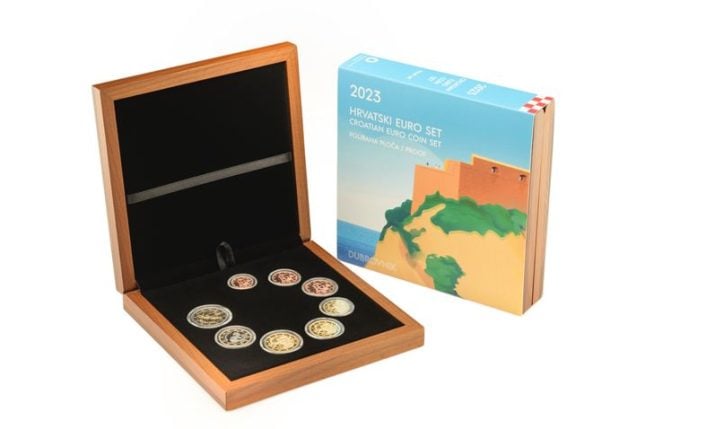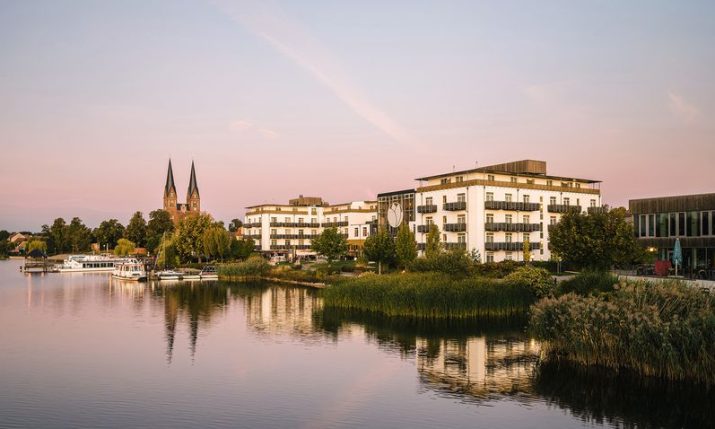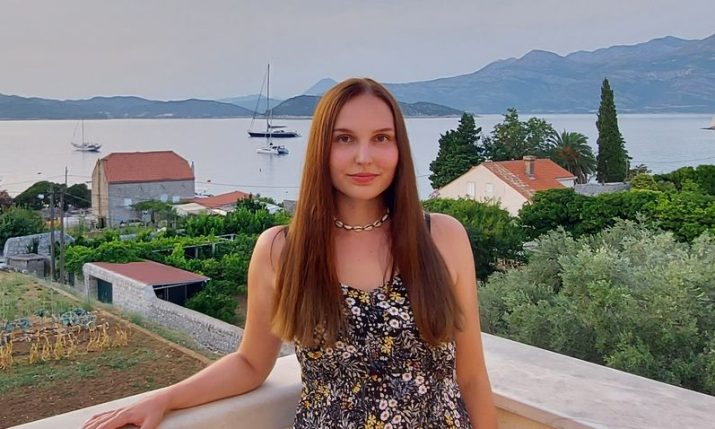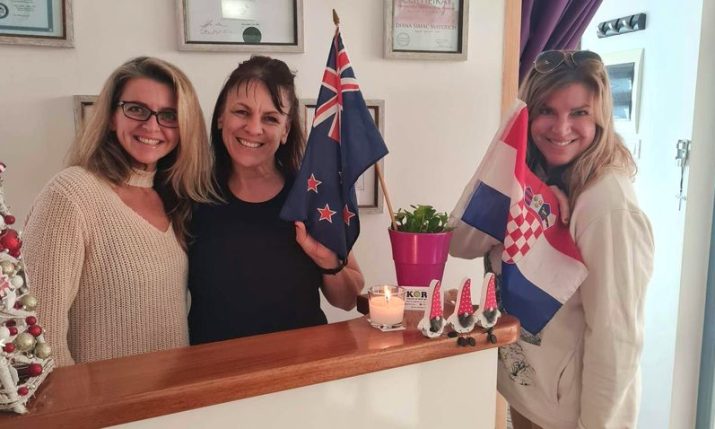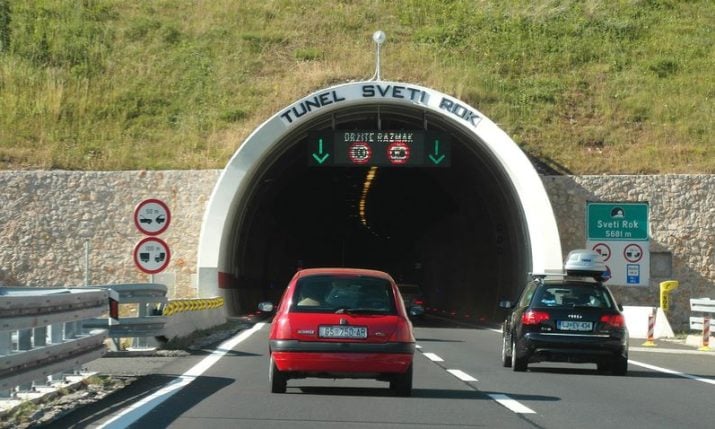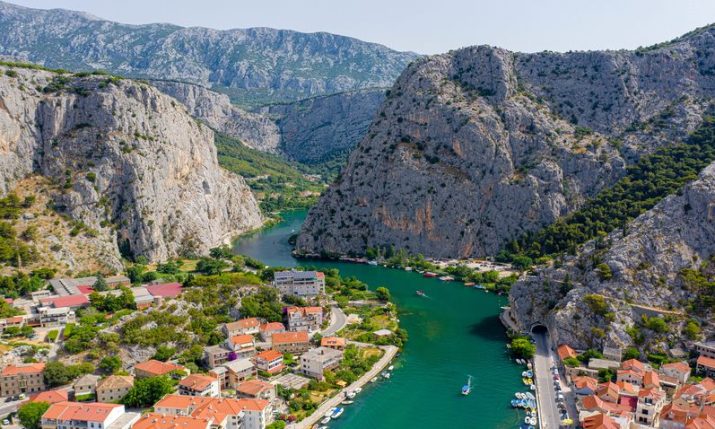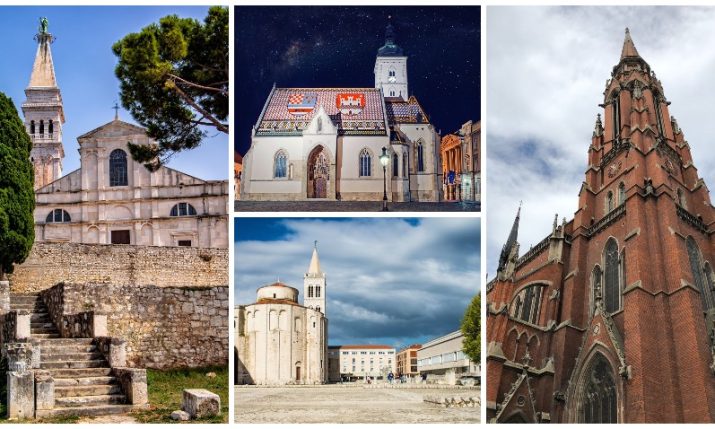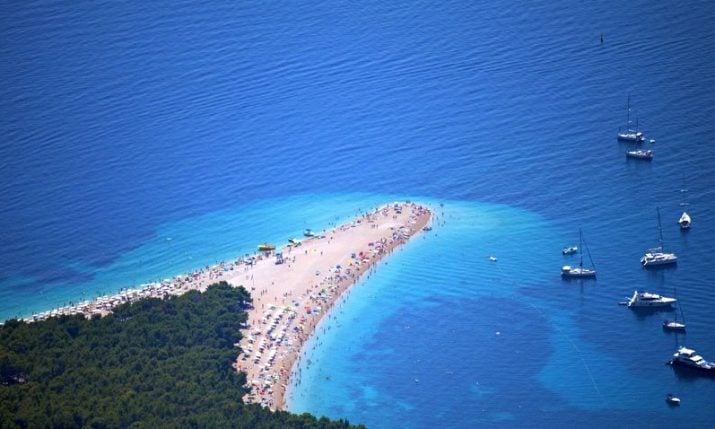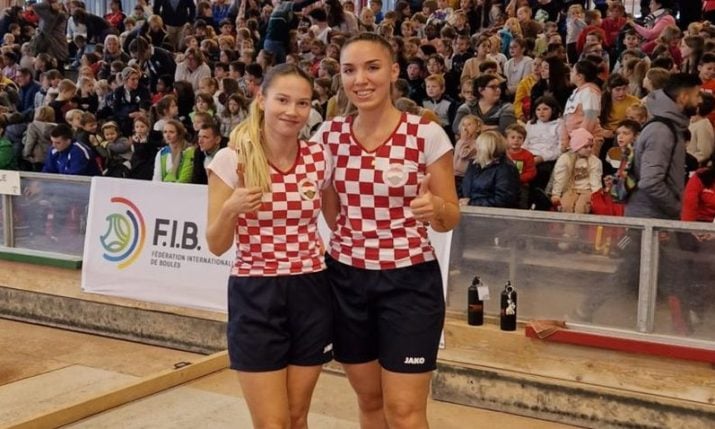Croatia top in Europe for swimming water quality
- by croatiaweek
- in News
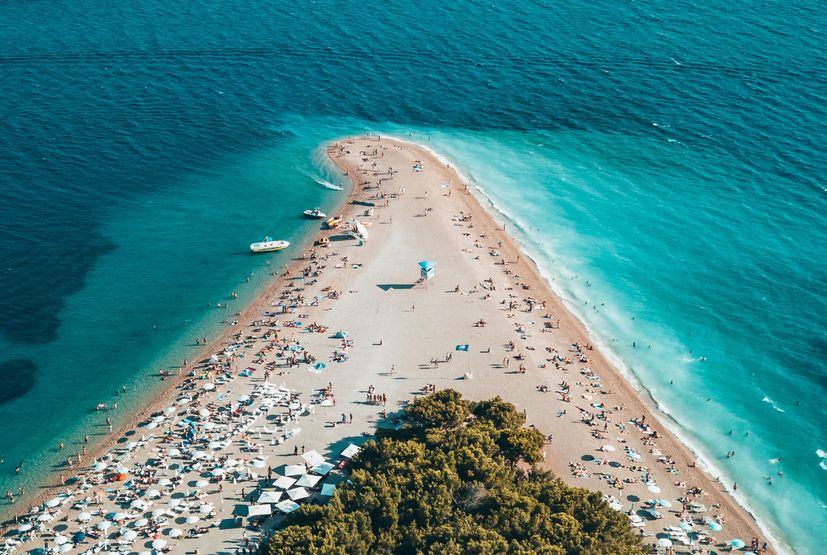
Croatia top in Europe for swimming water quality (Photo: Oliver Sjostrom/Unsplash)
Croatia is top in Europe when it comes to having the most places to swim with excellent quality water, the European Environment Agency confirmed in a press release this summer.
Europe’s bathing water quality has reached its highest standards, with the majority of bathing sites meeting the European Union’s stringent ‘excellent’ water quality criteria in 2022.
The annual Bathing Water report, published by the European Environment Agency (EEA) in collaboration with the European Commission, provided insights into the cleanest bathing sites across Europe for this summer.
The report highlights Croatia, with its pristine Adriatic Sea, as a standout destination, with the country boasting the best bathing water quality in Europe.
In 2022, 95% of bathing waters in Croatia met the ‘excellent’ quality standard. This percentage was the highest in Europe. Also sharing this number were Cyprus, Austria and Greece.
At the other end of the scale, in Malta, Bulgaria, Romania, Slovenia, and Luxembourg, all assessed bathing water waters met at least the minimum standard of sufficient quality in 2022.
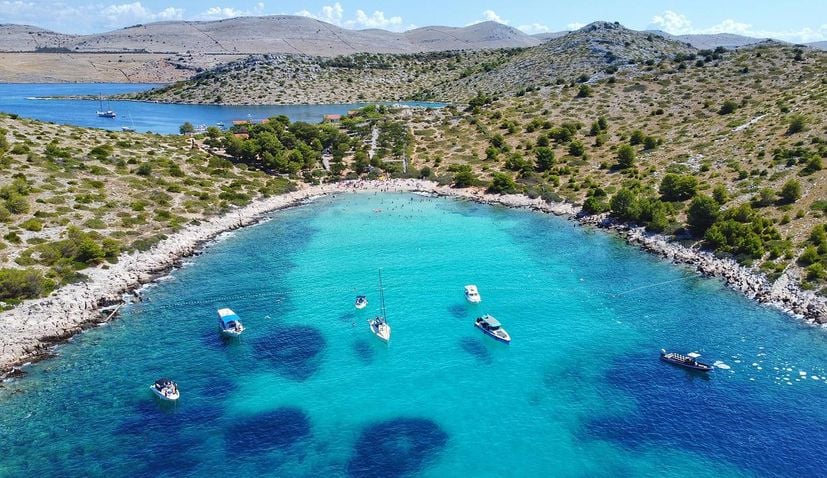
Stunning blue sea in Croatia
Coastal vs. Inland Water Quality
The report reveals that coastal bathing sites, which comprise two-thirds of all bathing spots in Europe, generally have better water quality compared to inland river and lake sites. In 2022, 88.9% of the EU’s coastal bathing sites were classified as excellent, while 79.3% of inland sites met the same standard.
Since the implementation of the Bathing Water Directive in 2006, the percentage of ‘excellent’ bathing sites has consistently increased, with coastal waters ranging between 85% and 89% and inland waters ranging between 77% and 81%. In 2022, 85.7% of all bathing waters in the EU met the ‘excellent’ standard.
Additionally, the minimum water quality standards were met at 95.9% of all bathing waters in the EU. Although there has been a decline in bathing waters with poor quality over the past decade, there were still 315 sites (1.5% of all bathing waters) in 2022 that fell below acceptable standards, emphasizing the importance of ongoing monitoring and improvement efforts.
Urban bathing sites, including rivers, canals, and lakes in towns and cities, are increasingly popular and offer important public spaces. Around 8% of European bathing waters, totalling over 1,800 sites, are located in almost 200 cities with more than 100,000 inhabitants. These urban bathing waters play a crucial role in enhancing public health, providing ecosystem services, and improving the overall quality of life in urban areas.
Croatia’s Contribution
Croatia, with its diverse coastal landscape and crystal-clear waters, has emerged as a leading destination for bathing enthusiasts. The country’s commitment to maintaining excellent bathing water quality has resulted in an impressive 95% of its assessed bathing waters meeting the ‘excellent’ standard in 2022. Croatia’s success can be attributed to its proactive monitoring and continuous efforts to ensure the preservation of its bathing sites. Tourists and locals alike can enjoy pristine waters and experience the beauty of Croatia’s coastal areas.
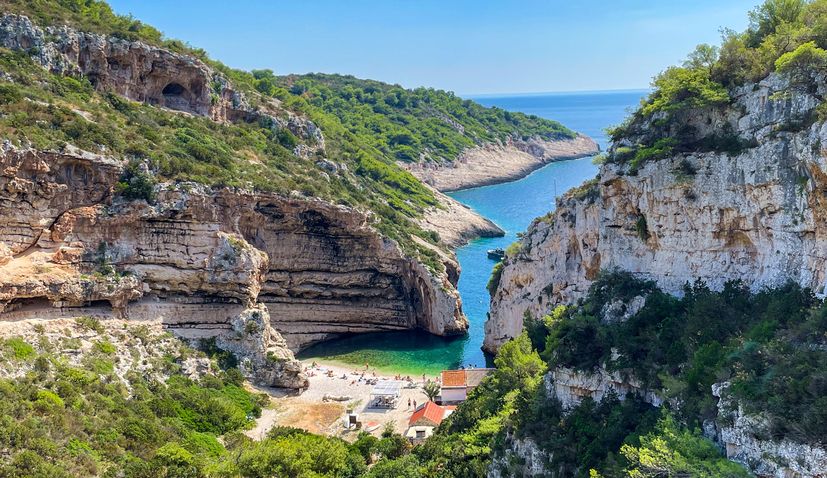
Vis
The European Commission, in line with the European Green Deal and the Zero Pollution Action Plan, is currently evaluating the effectiveness of the Bathing Water Directive to protect public health and enhance water quality.
This assessment aims to determine whether updates and new parameters are necessary. The Bathing Water Directive, along with other relevant EU laws, including the Water Framework Directive and the Urban Waste Water Treatment Directive, collectively contribute to safeguarding Europe’s water resources.

